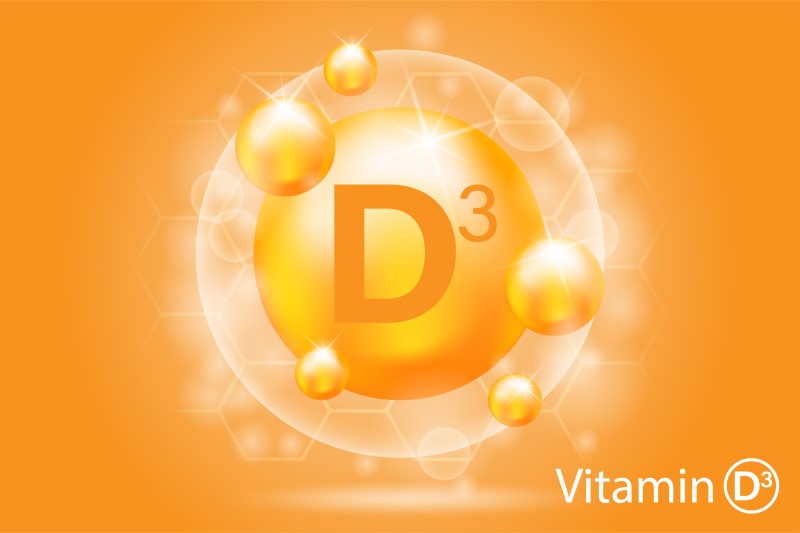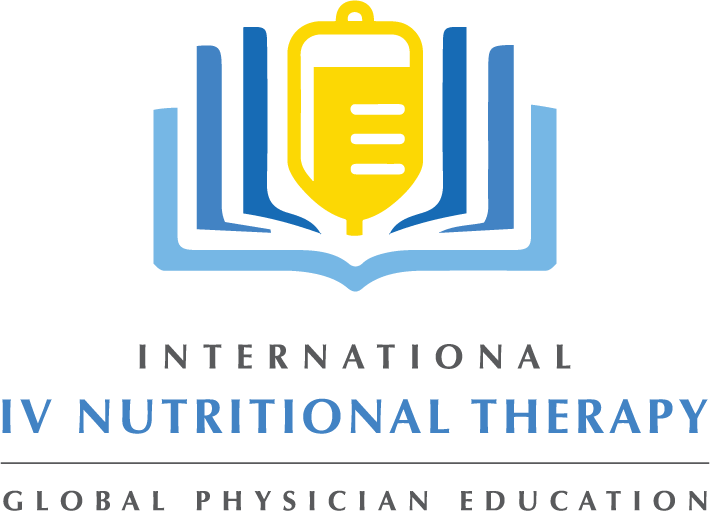
Vitamin D deficiency is one of the most prevalent nutrient deficiencies in the world. It affects more than one-third of the U.S. population. The incidence could be much higher (90 percent) in infants and older adults in different parts of the world.
Fortunately, there are many treatments available. However, proper diagnosis of a vitamin D deficiency is the first step.
This article covers the basics of vitamin D3 indications, dosing, and blood testing. Keep reading to learn more about the positive impacts it can have on the body and how IV nutritional therapy training for healthcare professionals can help ensure patients are getting what they need.
What Are the Health Benefits of Vitamin D?
Almost every cell in the body has a receptor that can receive vitamin D. It is essential for overall health and plays various important roles in bodily functions. These include promoting:
- Bone health
- Immune function
- Muscle regulation
- Heart health
- Brain health
- Mood regulation
Bone health is one of the better-known benefits of getting enough vitamin D. It aids in the absorption of calcium, which strengthens bones.
Vitamin D supports the immune system by enhancing the function of immune cells. This can help treat inflammatory conditions and other problems associated with autoimmune diseases.
Vitamin D promotes muscle and heart health. It can help regulate blood pressure and reduce oxidative stress.
Vitamin D can have neuroprotective impacts as well. It can help diminish the impacts of Alzheimer’s disease, dementia, and other forms of cognitive decline.
Some studies indicate that it can play a role in reducing the risks of certain types of cancer. These include breast, ovarian, prostate, and colon cancer. It does so by suppressing tumor growth through apoptosis, or cancer cell death.
Finally, vitamin D can be important for maternal and fetal health during pregnancy. It can reduce the chances of preeclampsia, gestational diabetes, premature birth, and low birth weight.
What Are the Health Risks of Vitamin D Deficiency?
On the flip side, there are some health risks associated with not getting enough vitamin D. These include muscle weakness, bone loss, and inadequate bone development in children. It can also lead to a higher risk of fractures.
Vitamin D deficiency also has been linked to certain types of cancers. There is a higher incidence of cardiovascular disease, autoimmune disease, and diabetes in persons with low vitamin D levels. Vitamin D deficiencies may play a role in depression and other neurological conditions.
What Natural Sources Contain Vitamin D?
There are two forms of vitamin D: D2 and D3. Vitamin D2 originates from certain fungi. It begins as a plant-based ergosterol, an alcohol that helps maintain cell membrane integrity (like cholesterol in mammals). It becomes vitamin D when it is activated by the sun.
The scientific term for vitamin D3 is “cholecalciferol.” Vitamin D3 is produced by the skin when it is exposed to sunlight. It also can be obtained from certain animal-based foods, such as tuna, sardines, red meat, liver, and egg yolks.
What Is the Ideal Vitamin D Dosage?
Like other types of vitamins and nutrients, how much vitamin D you need depends on your age. According to the National Institutes of Health, children 12 and under need approximately 10 micrograms (mcg) a day. Most adults need about 15 mcg, and elderly adults (71 and older) may benefit from 20 mcg per day.
However, this is a minimal recommendation. Since every individual is different, this suggested dosage could be insufficient for many.
For instance, beyond age, there are other factors that can cause vitamin D deficiencies. This in turn impacts the level of supplementation an individual requires. These include:
- Skin tone and the amount of melanin in the skin
- Seasons of the year
- Latitude where you live
- Presence of obesity
There are other factors, such as the prevalence of diseases like rickets that result from low vitamin D levels in some populations. These all can impact the vitamin D in your body and how your cells access it.
How to Ensure Optimal Vitamin D Levels
Based on the information above, it is easy to see how vitamin deficiencies can go undetected. A family physician can tell a lot based on information about your diet, lifestyle, and the presence of any symptoms. However, increasingly, medical professionals are testing for vitamin D deficiencies.
This is a simple procedure that involves a blood draw. A laboratory analysis will measure the amount of 25-hydroxyvitamin D–the form of vitamin D that is the most accurate indicator of your body’s vitamin D levels–in your bloodstream. Based on these results, your healthcare provider can diagnose any deficiencies.
How to Treat Vitamin D Deficiencies
If you have a vitamin D deficiency, your doctor will likely prescribe you a supplement. These come in two forms: oral or intravenous (IV) therapies.
Oral supplements are inexpensive and easy to take. However, there are concerns about their effectiveness, along with questions about the purity of some brands.
IV therapies have many advantages over other supplements when it comes to addressing vitamin D deficiencies. The main one is a better rate of absorption. It bypasses the digestive system, delivering vitamins directly to your bloodstream.
Another advantage is the rapid delivery of IV nutrition. Oral supplements must be broken down by the body before they can be used.
A final benefit to vitamin D infusions is that they are customizable. Unlike supplements in prepackaged doses, a physician can tweak the IV amount to achieve specific health outcomes. There also is ongoing IV nutritional therapy training for healthcare professionals to learn more about the benefits of this mode of treatment.
Learn More About Vitamin D3 Through IV Nutritional Therapy Training for Healthcare Professionals
The importance of sufficient vitamin D3 to healthy living cannot be overstated. Exploring IV nutritional therapy training for healthcare professionals is a great way to further expand your knowledge of this issue. It will help you give your patients the best care available.
International IV Nutritional Therapy is a teaching team of medical professionals that has unsurpassed knowledge and hands-on experience in IV nutritional therapy. Take a look at our available upcoming seminars and online courses, or contact us today to learn more about our programs and services.


 Fundamentals and Clinical Application of IV Nutrient Therapy
Fundamentals and Clinical Application of IV Nutrient Therapy